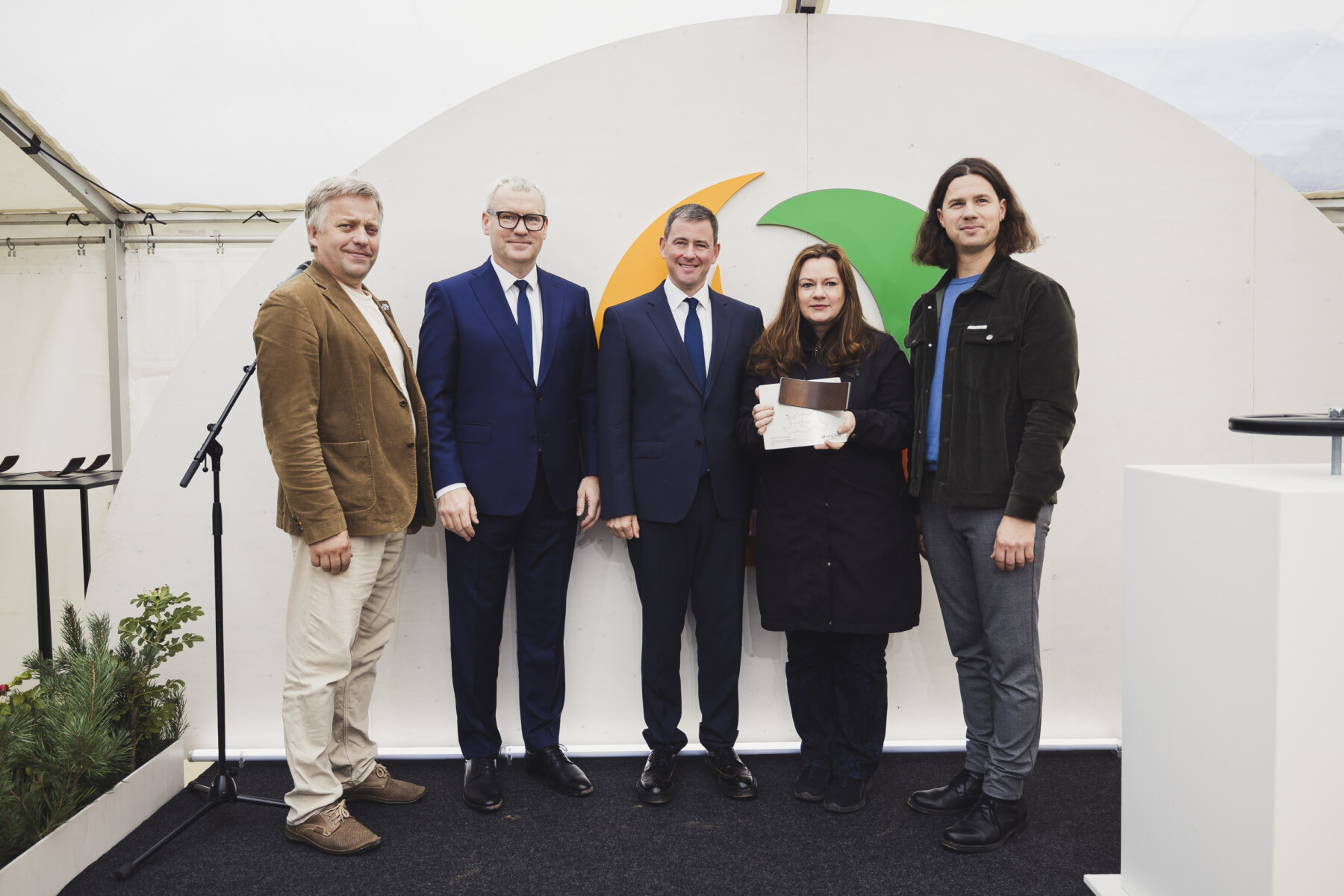Utilitas connected the district heating systems of the cities of Valga and Valka, which will help to increase reliability and reduce the use of fossil fuels. The heat started to flow between the two cities at the beginning of the heating season.
“At Utilitas, we are constantly looking for the best solutions on how to use our assets and resources as efficiently as possible in order to provide our customers with a high level of security of supply and environmentally friendly energy at a reasonable price. I am pleased to say that the connection of the district heating networks of Valga and Valka was not hindered by the state border and a solution was found that is suitable for both cities and will bring cleaner energy to both,“ said Priit Koit, Head of Utilitas Group.
As the capacity of the biomass cogeneration plant in Valka is larger than the heat consumption of the city, the excess capacity can be used efficiently in Valka. The boiler plant on the Estonian side also uses environmentally friendly wood chips for heat production, but a back-up boiler plant fired by fossil fuels will also be needed to cover peak capacities. The Valga boiler plant will remain the main production unit in the city of Valga, but the Valka CHP plant will help to reduce the use of fossil fuels and improve the environmental footprint of the heat delivered to homes.
„Valga and Valka - it's a city that doesn't fit in one country. Our people work and live together, and another joint project is proof of that: the two cities now have a combined district heating system. In the case of heating, we can talk about a vital service, and it is symbolic that the border in the city is only symbolic in such an important area, too, and is not an obstacle to strengthening security of supply. I thank Utilitas for its cooperation and investment. The presence of Utilitas in the border town means a high quality of service and security for us, it means that people's homes are warm and the environment is taken care of,“ said Monika Rogenbaum, Mayor of Valga municipality.
„This event has a double meaning. Firstly, it is practical, i.e. the Valga-Valka heat supply system will become safer, more efficient and sustainable. Secondly, it is symbolic, as the two cities have many projects in common, but for the first time, not only the two cities, but also the countries will be connected to the heat network, a critical infrastructure. This is being done with private investment. This proves that there is still a lot of untapped potential in the joint economic activities of Latvia and Estonia,“ explained Vents Armands Krauklis, head of Valka municipality.
The works to connect the district heating systems of the two cities were completed at the end of August this year, with a total of more than 1,600 metres of new piping, and heat started flowing between the two cities at the beginning of this heating season.
Utilitas acquired Valka's district heating business in March 2024, and the construction works necessary for the connection took place between May and the end of August this year. In addition to Valga, the company offers district heating services in Tallinn, Maardu, Haapsalu, Rapla, Keila, Jõgeva, Kärdla and Paide.
Photos (Silver Gutmann) from the gallery

